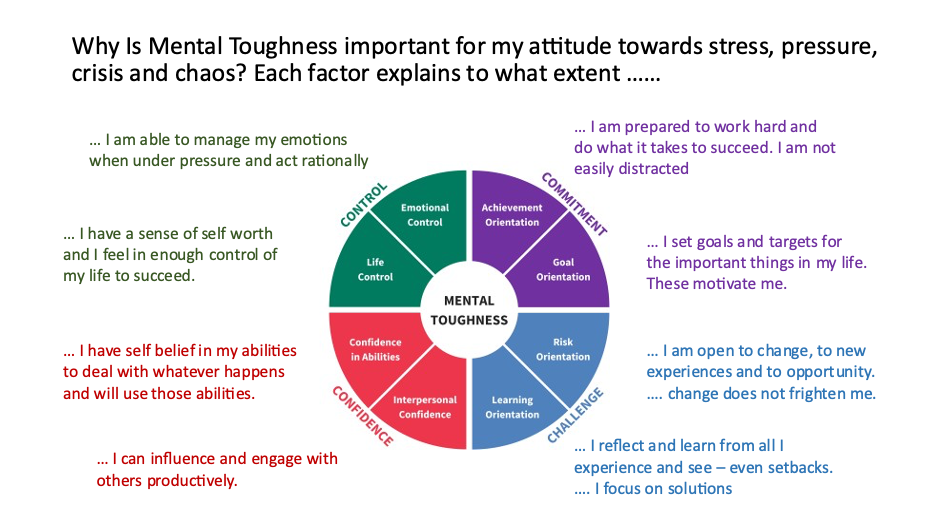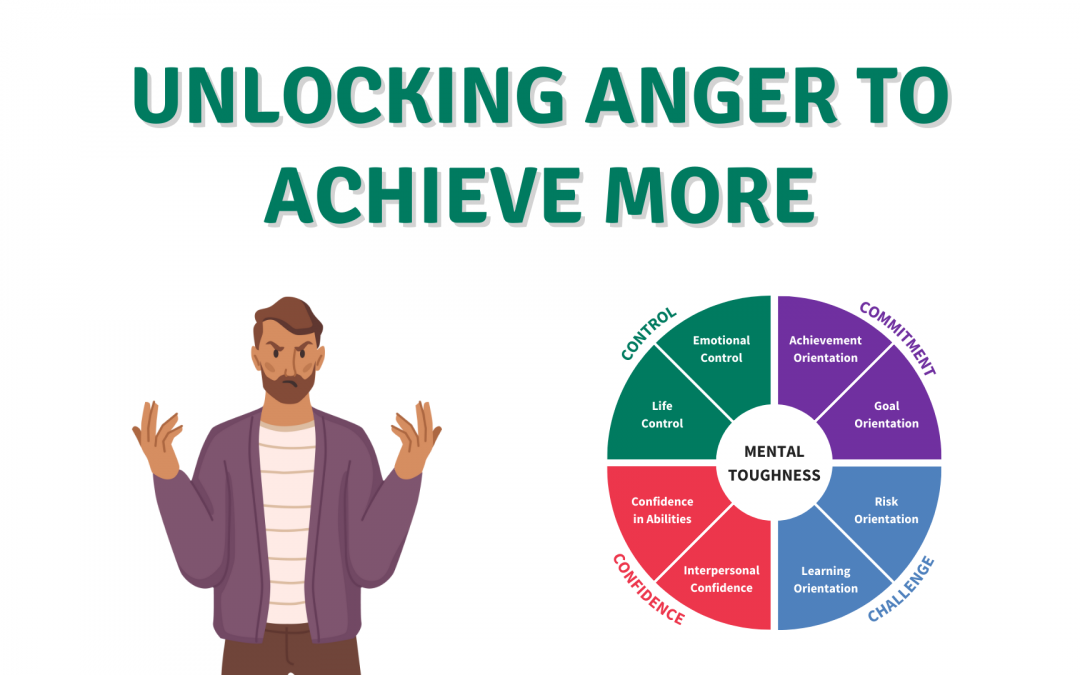Why understanding Mental Toughness might be the key to unlocking that potential.
Anger is often thought of as a negative emotion. Something to be avoided and potentially disruptive and destructive.
Research published by the American Psychological Association suggests what we have also long suspected – anger can also be a powerful motivator for people to achieve challenging goals in their lives.
“People often believe that a state of happiness is ideal, and the majority of people consider the pursuit of happiness a major life goal,” said lead author Heather Lench, PhD*, a professor in the Department of Psychological and Brain Sciences at Texas A&M University.
Lench also noted that while anger was associated with increased success across the board, in some cases, amusement or desire were also associated with increased goal attainment.
“The view that positive emotion is ideal for mental health and well-being has been prominent in lay and psychological accounts of emotion, but previous research suggests that a mix of emotions, including negative emotions like anger, result in the best outcomes.”
Research into the mental toughness concept has found that there are 8 factors which together contribute to a person’s overall level of mental toughness. Each person is unique – there are over 40,000 potential combinations of those 8 factors that could influence an individual’s responses.
We know that each factor is independent of the others. We also know that factors can combine to create a unique outcome.
A simple graphic representation of the mental toughness concept is shown below.

One factor is Achievement Orientation – a subject of the study. This describes the person’s mental approach to trying to deliver an outcome that others, less mentally tough, would struggle to do.
Another factor is Emotional Control – also the subject of the study. This recognises that everyone experiences emotions but that some are better at managing their mental responses to those emotions than others.
Some can respond in such a way that they allow their emotions to dictate their responses. Others, the more mentally tough, can be more proactive and will manage their emotional responses often channelling them into a more positive and more proactive outcome, which is what the study is picking up.
So, we might add to the above study and suggest that anger has the potential to be beneficial to achievement. But only if the individual is minded managing their emotional responses.
Once again, it is understanding mental toughness and being self-aware about one’s mental toughness profile that might determine whether anger is a force for good or not.
Usefully, given that mental toughness and its eight factors are largely invisible and very difficult to assess, the MTQPlus Psychometric measure helps users to achieve a better and more reliable understating of their mental toughness.
As our colleague, Dr John Perry, Associate Professor at the University of Limerick summarises this: “The mere existence of an emotion is not necessarily a good thing or a bad thing – it’s how you channel it that matters”.
For more information about the mental toughness concept and the mental toughness measure – MTQPlus contact: headoffice@aqrinternational.co.uk or go to https://aqrinternational.co.uk/product/mtqplus-assessment
For information about becoming a licensed user of the MTQ suite of measures contact: headoffice@aqrinternational.co.uk
The MTQPlus measure is available in fourteen languages and is accessible to more than 2/3rds of the world’s population.
Completion of the AQR Licensed user training programme is recognised by EMCC and ICF for CPD purposes.
*“Anger Has Benefits for Attaining Goals” by Heather Lench et al. Journal of Personality and Social Psychology


